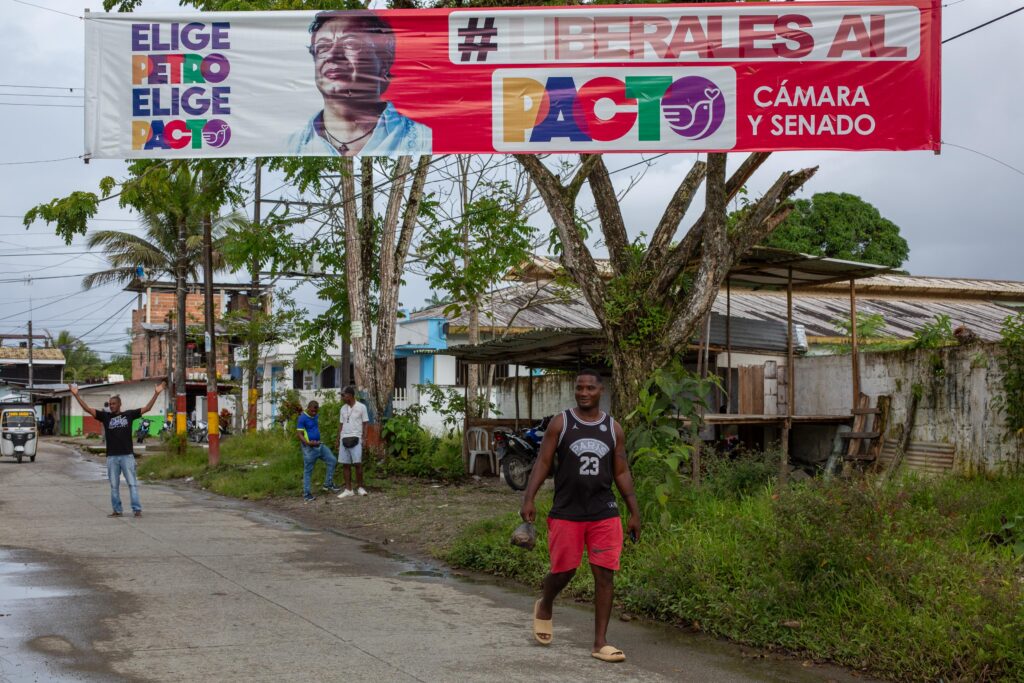
The lack of guarantees for voting in the Pacific Region of Colombia, especially in the Pacific Coast, as well as the violation of human rights and the high presence of armed groups in the region, among other factors, increase the risk of possible electoral fraud on June 19.
According to a report prepared by the Campaign of Lawyers for Free Elections in the Pacific?Pacific Vote-, the above is also evident in the composition of m
